Society
How people group together, organise their rules and systems are all part of what create a society. In this section articles examine the nature of society how it interacts with other themes of culture, power, etc. and how societies have developed and changed over time. The structures of the ancient world are explored as are the complex feudal systems and the varied societies of Empire and modernity.
Sort by:
Date (Newest first) | Title A-Z
Show:
All |
Articles |
Podcasts |
Multipage Articles
-

The People's Pensions
ArticleClick to view -
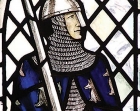
The dialogic dimensions of knowing and understanding the Norman legacy in Chester
ArticleClick to view -

Tracing the popular memory of Rosa Parks with Year 9
ArticleClick to view -

Transatlantic slavery – shaping the question, lengthening the narrative, broadening the meaning
ArticleClick to view -

Triumphs Show: Diversifying the curriculum at A-level
ArticleClick to view -
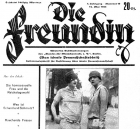
Triumphs Show: Recovering the queer history of Weimar Germany in GCSE history
ArticleClick to view -
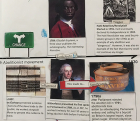
Unravelling the complexity of the causes of British abolition with Year 8
ArticleClick to view -
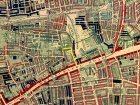
Using an anthology of substantial sources at GCSE
ArticleClick to view -
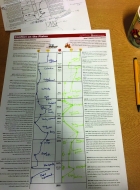
Using historical discourse to find narrative coherence in the GCSE period study
ArticleClick to view -

Were industrial towns 'death-traps'? Year 9 learn to question generalisations and to challenge their preconceptions about the 'boring' 19th century
ArticleClick to view -
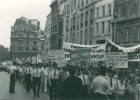
What Have Historians Been Arguing About... Modern British LGBTQ+ history
ArticleClick to view -

What Have Historians Been Arguing About... schooling and the British Empire
ArticleClick to view -
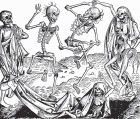
What Have Historians Been Arguing About... the long-term impact of the Black Death on English towns
ArticleClick to view -

What Have Historians Been Arguing About... youth culture?
ArticleClick to view -

Whose past is it anyway? Telling Russian and Soviet history through diverse Jewish voices
ArticleClick to view -

Women, education and literacy in Tudor and Stuart England
ArticleClick to view -
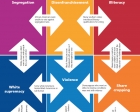
‘Its ultimate pattern was greater than its parts’
ArticleClick to view

